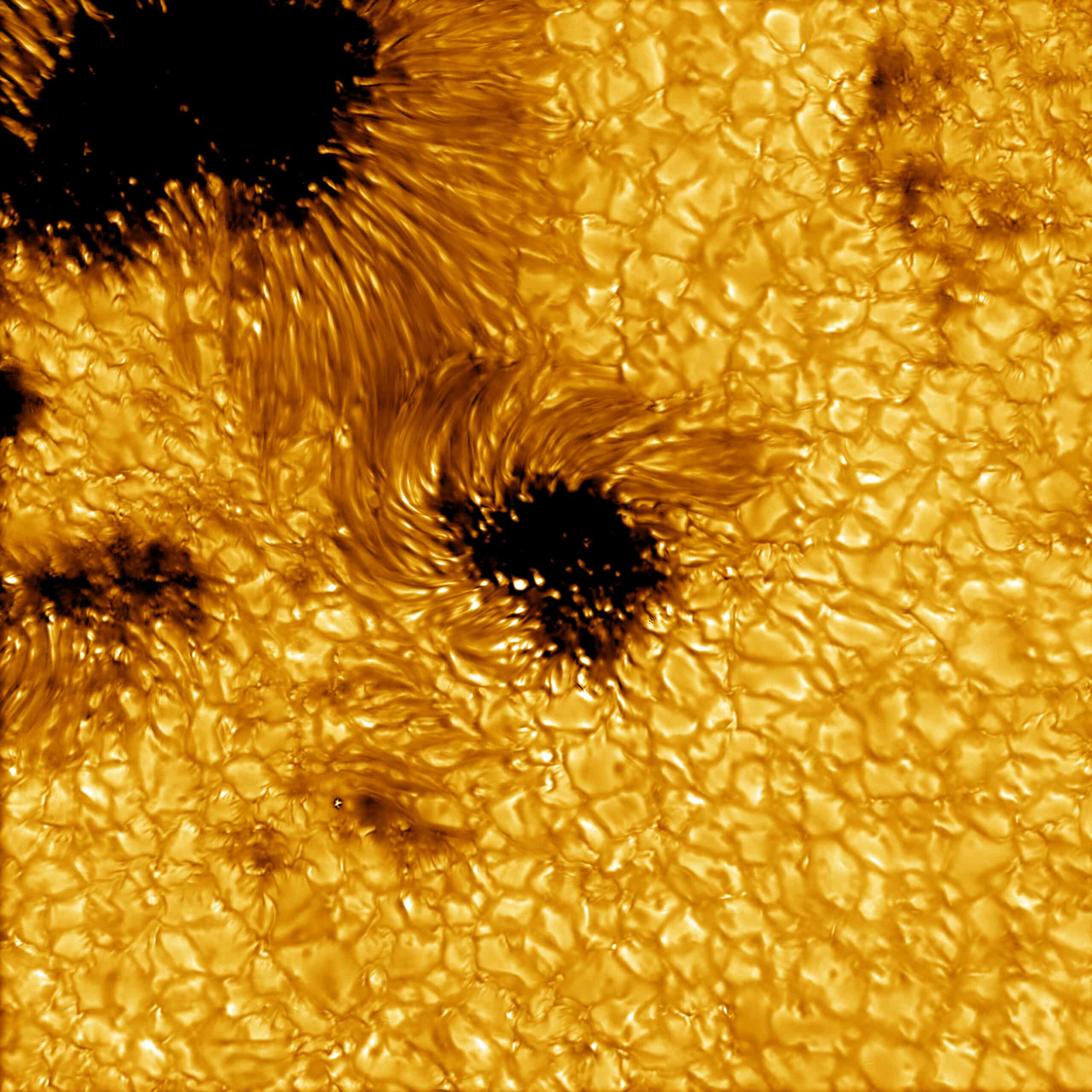Happy Tuesday All!
I wanted to give you a little astronomy gift, a virtual backdrop from the National Science Foundation. Others are available if this doesn't do it for you!
 www.nsf.gov
www.nsf.gov
Happy Thursday Helio! Isn’t relativity a blast? I was going to reply directly to your post, but then found this terrific article: https://www.scientificamerican.com/article/time-and-the-twin-paradox-2006-02/ which, I think, gets to all your points.
Dr Joe
I wanted to give you a little astronomy gift, a virtual backdrop from the National Science Foundation. Others are available if this doesn't do it for you!
Multimedia Gallery - Signals from most massive gravitational wave source yet | NSF - National Science Foundation
NSF's mission is to advance the progress of science, a mission accomplished by funding proposals for research and education made by scientists, engineers, and educators from across the country.
Since SR (Special Relativity) is in the mix....
Perhaps you have a far better handle on some of this and can help me (us).
Of course we'll use a spaceship A (with Alice) being observed from E (Earth with Ed). [I could be in error on all of these, admittedly.]
1) Ed sees Alice's clock run slower. He adjusts for the time it took for the light from her clock to reach him, and her clock is still slower.
2) Alice does the same and sees that Ed's clock is running slower.
3) When Alice and crewmates return to Earth, however, her clock will demonstrate that her travel time consumed less time (i.e. time dilation). This is consistent will all known experiments, that I'm aware. Some say this is due to a symmetry break since Alice was the one who experienced acceleration/deceleration. Is this the mainstream view?
Also, there is a math equivalence for time dilation found in length contraction, which came along shortly before Einstein's remarkable paper. But, the only known objective evidence I've ever heard that supports this as something physical has to do with the flattening of particles at CERN (or similar facility) that greatly favors length contraction over time dilation. Is there any evidence for contraction that can't be explained by time dilation that you're aware?
Happy Thursday Helio! Isn’t relativity a blast? I was going to reply directly to your post, but then found this terrific article: https://www.scientificamerican.com/article/time-and-the-twin-paradox-2006-02/ which, I think, gets to all your points.
Dr Joe




